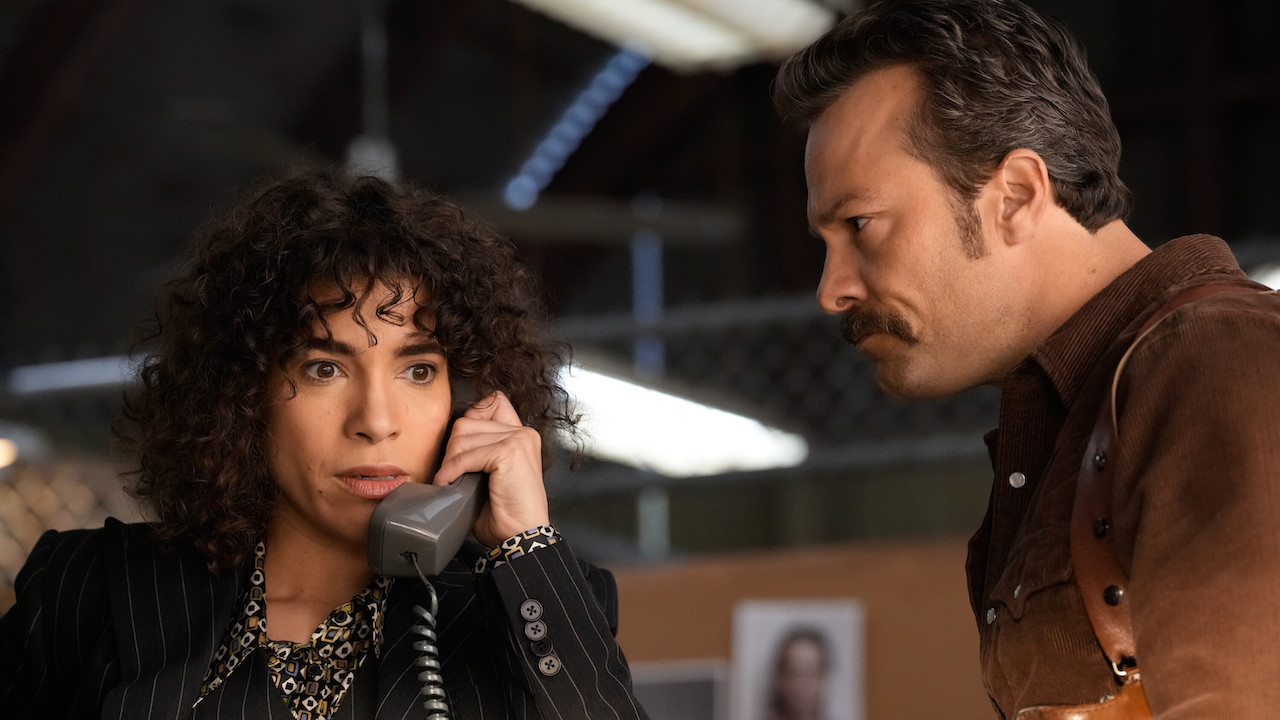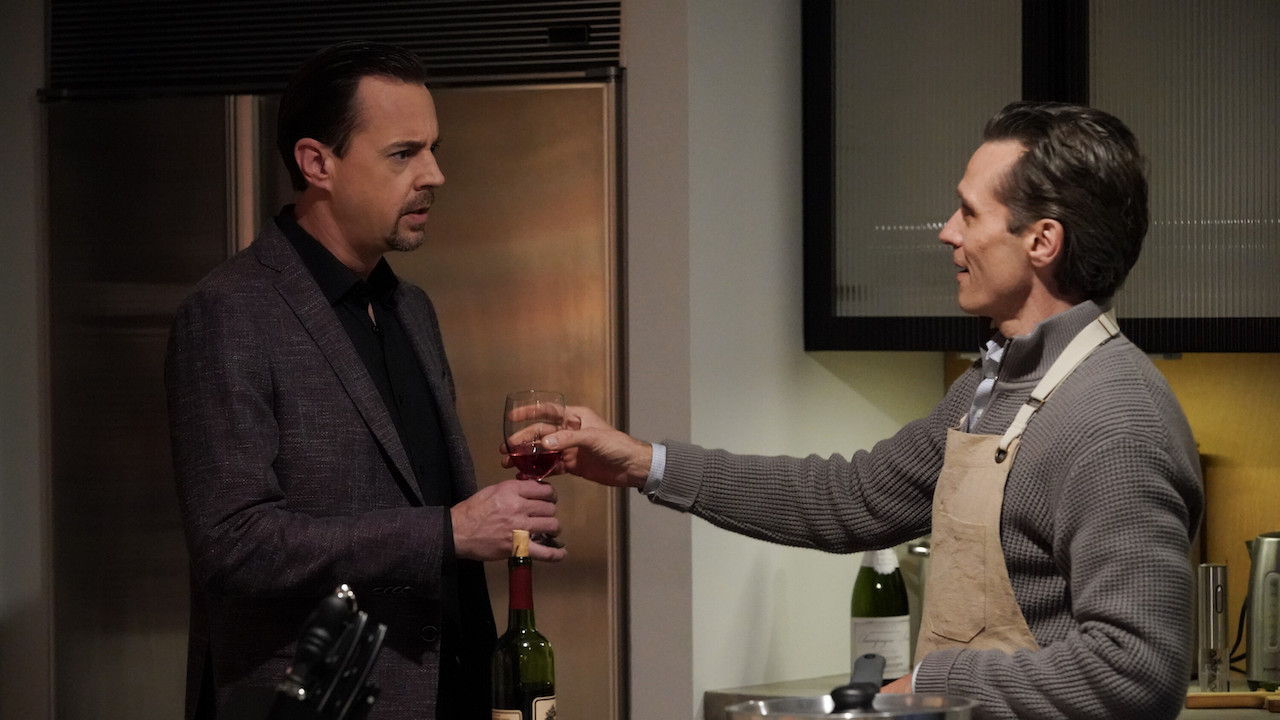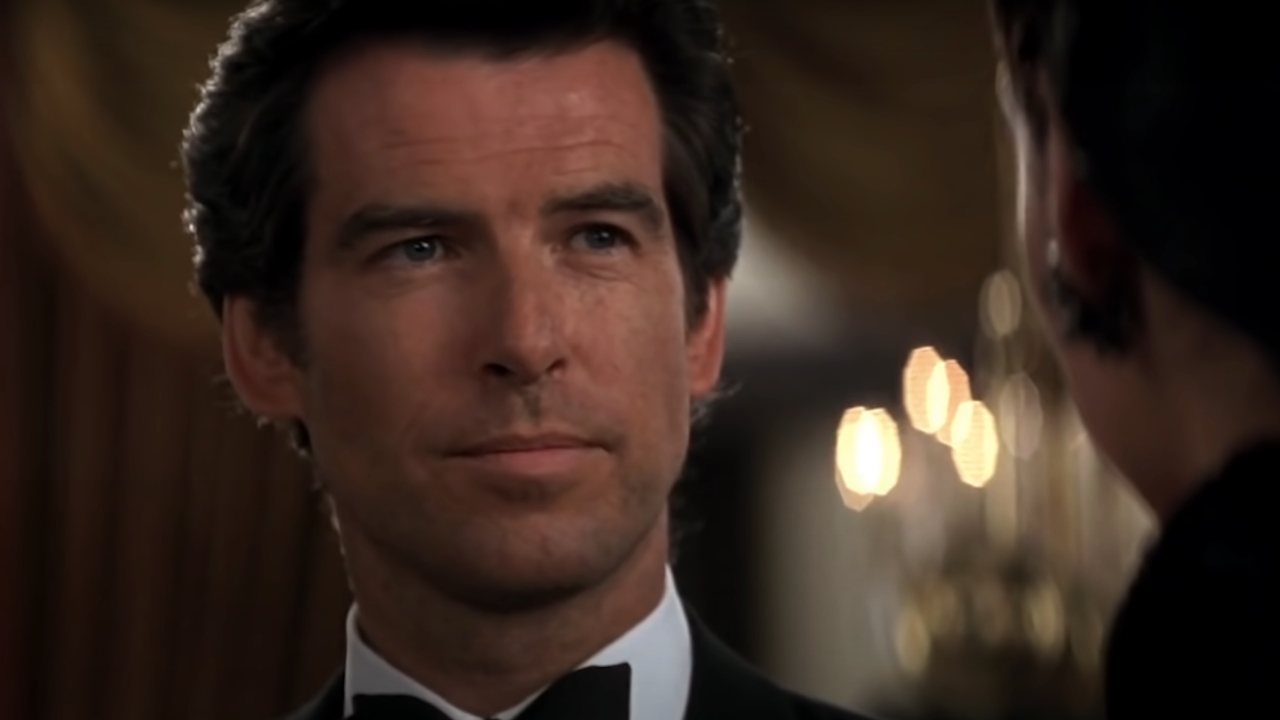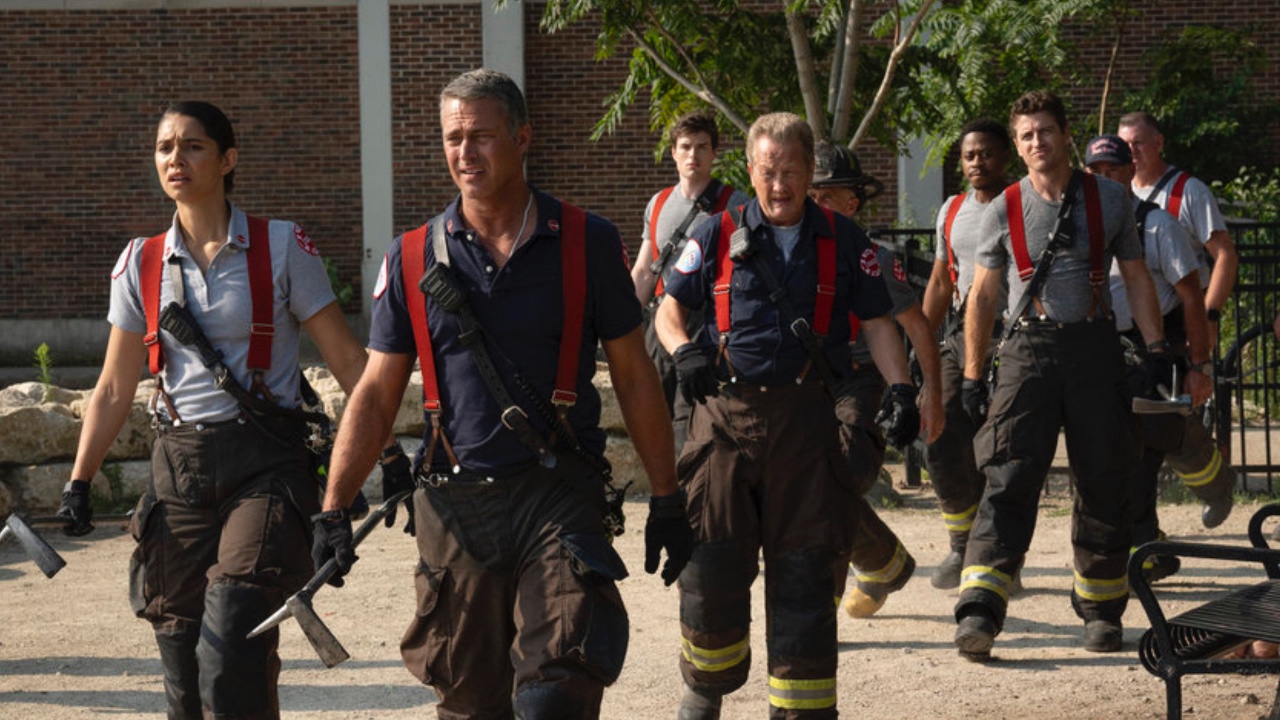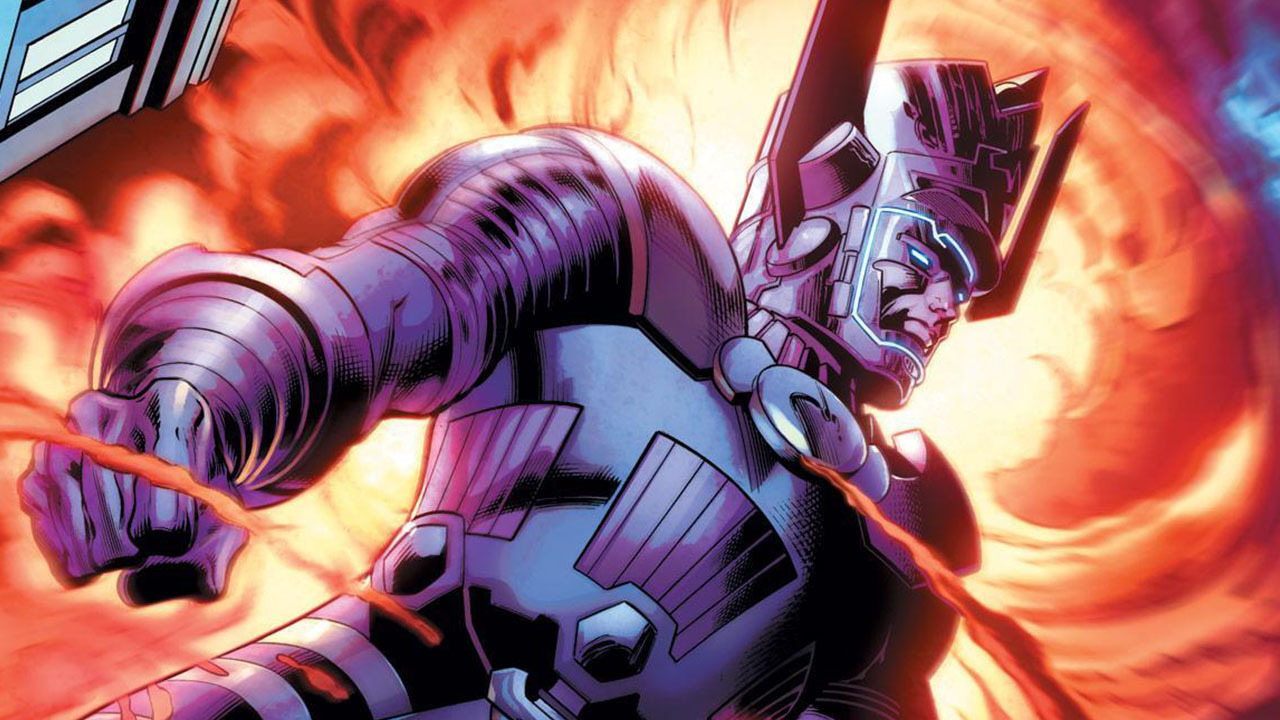The Mandalorian: What Was Operation Cinder, And Why Is It Important In Star Wars?
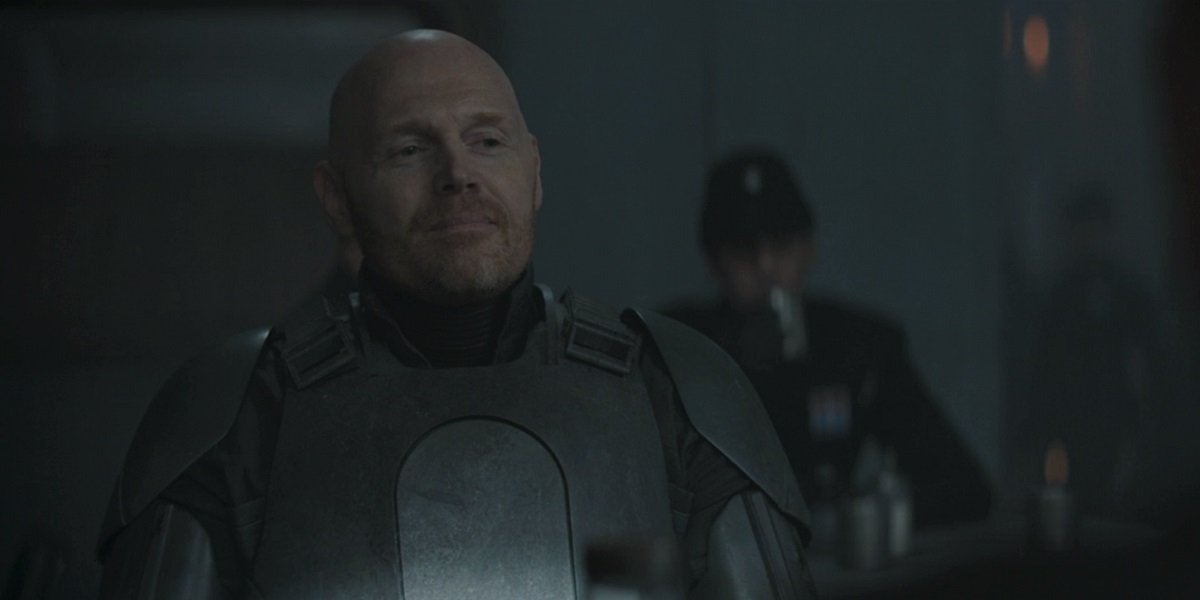
Warning! The following contains spoilers for the latest episode of The Mandalorian, "The Believer." Read at your own risk!
The Mandalorian had many exciting moments in its latest episode, including the return of comedian Bill Burr and Pedro Pascal doing an extended scene unmasked scene as Din Djarin. With so much happening in Season 2's penultimate installment, fans may have glossed over some of the smaller reveals of the episode, including the fact that Burr's Migs Mayfield was a part of Operation: Cinder.
In the episode, Mayfield runs into an old commanding officer, Valin Hess, who was a part of the operation and sacrificed his own division to destroy a city. The story gave a small account of what was a massive event in the new Star Wars canon and one that has been a bit controversial with fans in recent years. Here's more on the event touched on in The Mandalorian and why it's important to the Star Wars universe.
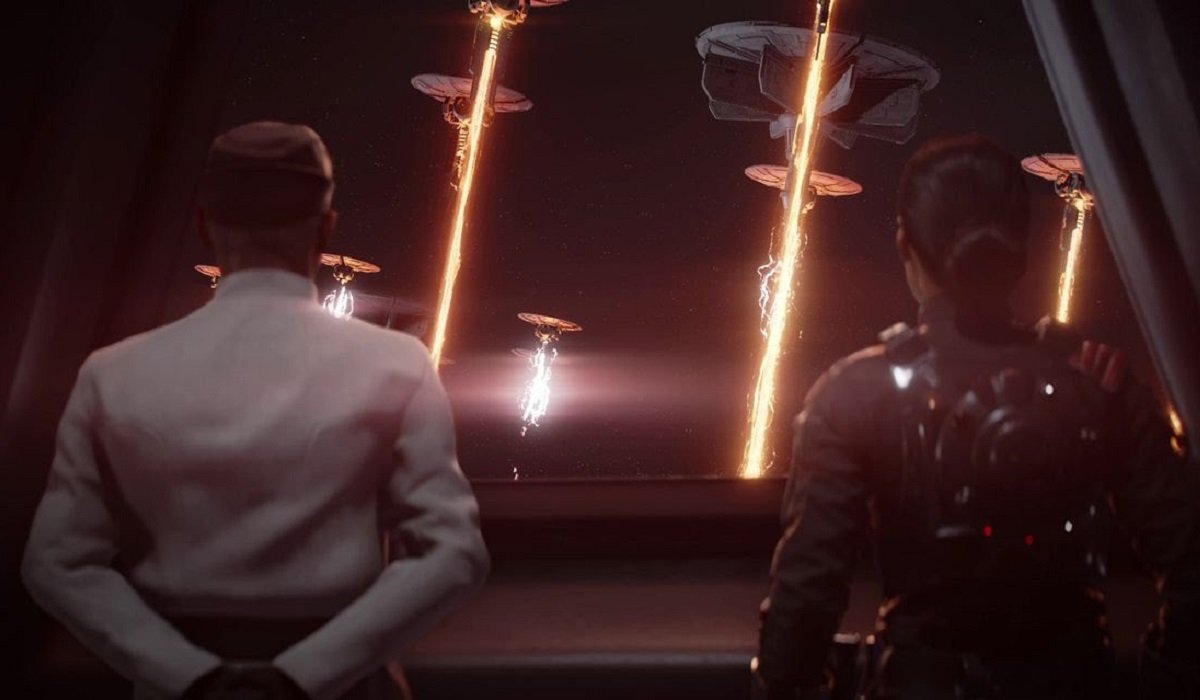
Operation: Cinder Was The Emperor's Contingency Plan To Destroy The Empire And Republic
Operation: Cinder took place only a few weeks after the Battle of Endor in Return of the Jedi and was said to be the Emperor's final edict in the event of his death. Palpatine believed that if he died, the Empire should die with him but also wished to take the Rebellion (future New Republic) down alongside it. The plot involved the launch of climate-disrupting satellites around key planets like Naboo, Vardos, Burnin Konn, Candovant, Abednedo, Commenor, and Nacronis. The satellites would trigger devastating storms, ultimately ravaging the key planets.
As stated, the Emperor's goal was not only to cripple the new rebellion but also to destroy the Empire that had failed to protect him. Ultimately, the idea was that Operation: Cinder would crush the hope caused by the Rebellion, as well as punish the imperial loyalists who failed to protect him following his death. His death meant the Empire was a failure and should not be allowed to survive following his exit. Ultimately, the Rebels won and believed they successfully ended the Galactic Civil War in the process.
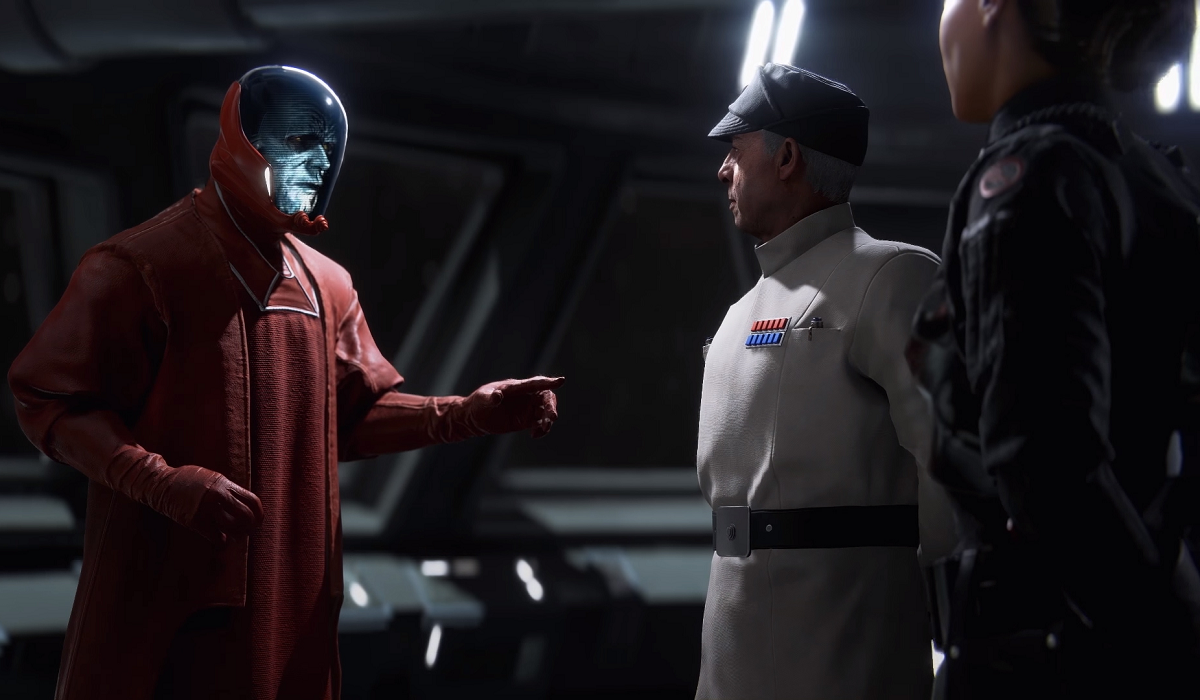
Why Operation: Cinder Is Important To Star Wars And The Mandalorian
While the New Republic was celebrating the end of the Galactic Civil War, Empire loyalists established a foothold in the Outer Rim. Those still loyal to the Empire and its values continued to gain power, as we see with Moff Gideon and others in The Mandalorian. It's here where the seeds of the First Order are sown, which leads into the story of the sequel trilogy.
And it's because of Operation: Cinder that these loyalists are able to start their own thing. The name change to the First Order may represent the Emperor's wish to let the Empire die, despite the fact he's rebuilding it in the Unknown Regions later on.
CINEMABLEND NEWSLETTER
Your Daily Blend of Entertainment News
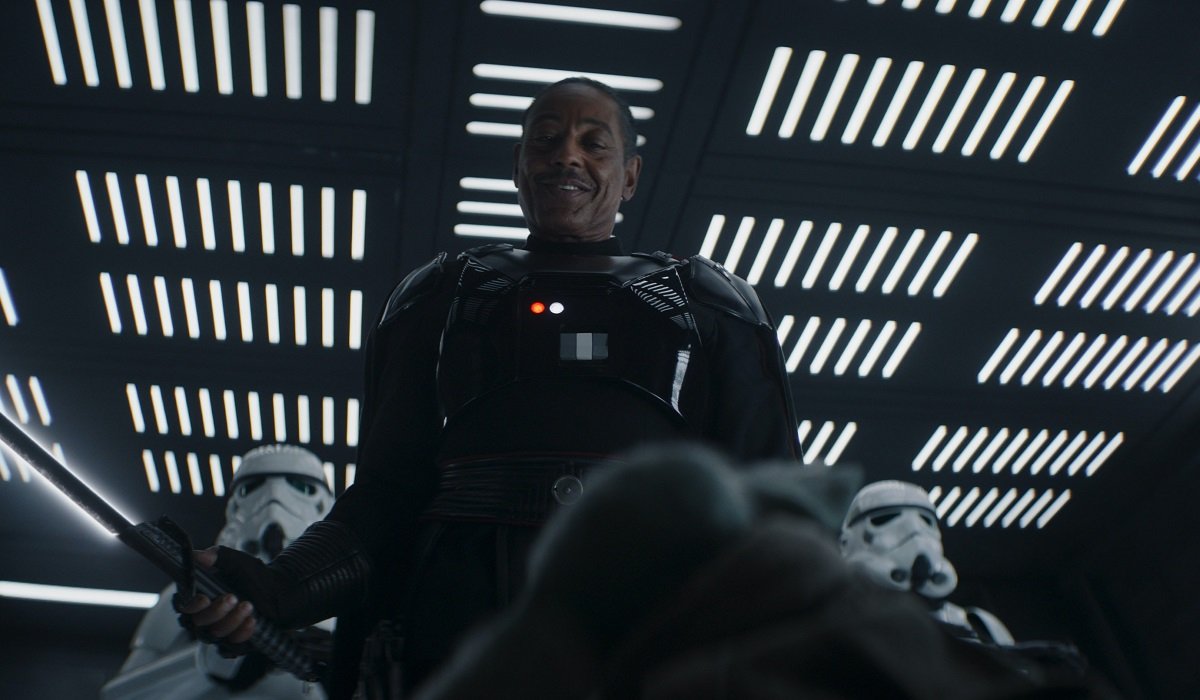
The Controversy Of Operation: Cinder With Star Wars Fans
Operation: Cinder was first mentioned in the Marvel comic book Star Wars: Shattered Empire, and the major event that dominated the story of the EA game Star Wars Battlefront 2. Operation: Cinder seemed like a good way of initially explaining how the Empire eventually gave way to the First Order, right up until the events of Star Wars: The Rise of Skywalker.
Now that the movie has released four years after the first mention of Operation: Cinder, the whole premise seems kind of silly to some. The Emperor ordered the destruction of the Empire and yet was not actually dead and planning a new Empire in the Unknown Regions? A scorched Earth policy upon the event of his death seems on-brand with Palpatine but, in the context where he knows he can return, it seems a bit short-sighted.
Palpatine essentially ordered top commanders from beyond the grave to wage a reckless war that, by design, would devastate the Empire just as much as the Rebellion. Had the Empire held off, there could've been more forces and a better chance at maintaining a stranglehold on the outer regions of the galaxy while plotting the Emperor's return. In the Emperor's death, Operation: Cinder seems like the final cruel act of an evil man but, when it's revealed he's alive, it just seems like he's a bad strategist.
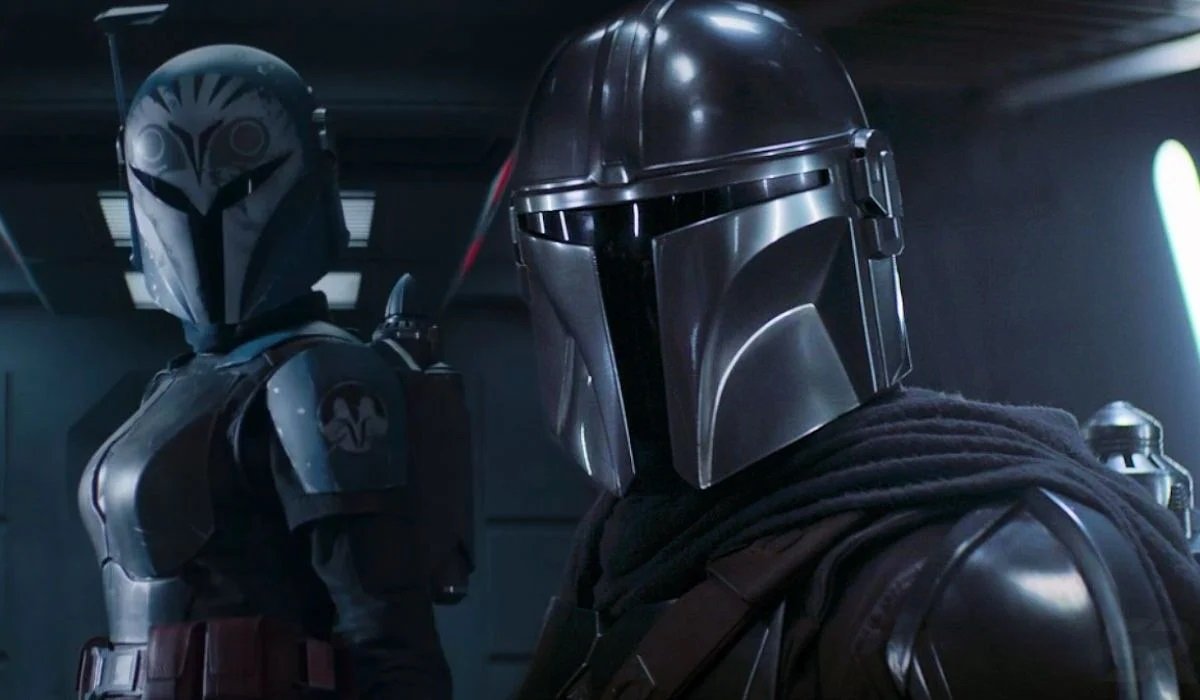
Will The Mandalorian Make Sense Of Operation: Cinder?
There was a thought that after the release of Star Wars: The Rise of Skywalker, Operation: Cinder may be ignored or retconned. I'm personally not so sure of that and question whether or not The Mandalorian will answer some questions or present some information that will make more sense of this whole situation. We already know the Empire remnants are messing with some cloning technology, which led to the creation of Supreme Leader Snoke, as well as Emperor Palpatine.
The story we still have yet to know is who was responsible for the resurrection of Sheev Palpatine and why the final product was never quite on the level of the Emperor at his former glory. If Palpatine truly had a contingency plan for his own return, then it seems odd that he would be so upset about dying that he'd order the Empire destroyed. Perhaps some wires were crossed or the plan to bring back the Emperor was not actually one that he devised?
Obviously, we can only speculate on the answer and add that there's a chance The Mandalorian will better flesh out this entire backstory going forward. And if that series can't get the job done, there are a slew of other spinoffs on the way that will also be able to tell the story. I, for one, would love to see the meaning and goal of Operation: Cinder touched on further, if only because its latest reference only further buries it deeper into the Star Wars canon. If there's one person who's a master of expanding and making sense of canon, it's Dave Filoni, so fans shouldn't lose faith that he and Jon Favreau won't be capable of weaving this story together in a cohesive way.
The Mandalorian airs its Season 2 finale Friday, December 18 on Disney+. Continue to stick with CinemaBlend for more on the series, and for the latest news happening in television and movies.

Mick Joest is a Content Producer for CinemaBlend with his hand in an eclectic mix of television goodness. Star Trek is his main jam, but he also regularly reports on happenings in the world of Star Trek, WWE, Doctor Who, 90 Day Fiancé, Quantum Leap, and Big Brother. He graduated from the University of Southern Indiana with a degree in Journalism and a minor in Radio and Television. He's great at hosting panels and appearing on podcasts if given the chance as well.


